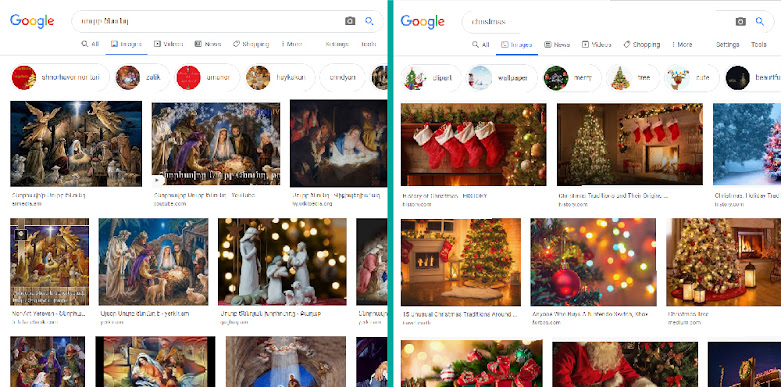Learn to use Google Search operators
Google search operators
are symbols you can include in your queries that specify and refine your
searches. They enable you to require certain search terms, eliminate
others; constrain date ranges, and websites being indexed; and even allow
Google to fill in the blanks for words or phrases you can’t remember.
There are upwards of 50 different search operators you can use. I found the following to be the most useful and are the ones that I use on a daily basis:
" ""Michigan Dearborn"
Parentheses around a word or phrase mean that the results MUST include that entire string as specified. This means that the results don't just include some of your words scattered within the pages, but instead the exact phrase you inputted.
--MSU
The (-) symbol excludes any occurrence of the specified word from the results. This is very powerful. If you want results for Spartans but keep getting images of the Michigan State University, adding -MSU or -University to the search query will exclude all results that mention those words.
*2019 * bill voted
The asterisk symbol acts as a wildcard. When placed between two words, it will indicate to Google that there is a missing word or phrase. Google will do it's best to match what's missing.
#..#2010..2012
Two periods between any set of numbers indicate a range constraint. With dates, Google will only return articles or posts within that date range. With money ($16..$20), Google will only return products within the price range.
filetype: [PDF, PNG, JPG, EPS, SVG...]
The filetype code, as the name suggests, returns the specified filetype. This is very useful for finding scholarly articles in the PDF format, or vector graphics with the EPS or SVG formats.
site: [youtube.com, reddit.com, apple.com]
The site code constraints the search index to the specified website. This is particularly useful for sifting through a website for images or searching a website that has a poorly implemented search engine.
If you want to see more, you can explore the full list of Google Search operators complied by Daniel M. Russell, a Senior Research Scientist at Google.
Use Multiple Search Engines
Every search engine indexes the web differently, which means you can expect to see significantly
different results across different engines despite using the same search query. The
following are my go-to alternatives to Google:
Yandex: A Russian-based search engine that I found to
produce results completely unique to Bing and Google. Yandex.com has an English interface which makes it especially useful.
Bing: Owned by Microsoft, Bing is Google’s primary
competitor. In my experience, Bing tends to filter content that infringes on
DMCA copyrights much less frequently. This makes for an overall browsing
experience that is much less safe but is useful if you are trying to access
hidden or hard to reach places of the internet.
Baidu and Naver: These search engines are popular in
China and South Korea respectively. Neither offers an English interface but are
nevertheless useful for search results from Eastern parts of the world. You can
use Google Chrome’s page translation function to navigate these websites.
Translate your search queries
This one is a game-changer. By limiting your search queries to the English language, you are essentially limiting your search results geographically. Consider also that words in different languages can have completely different connotations.
For instance, if you search Christmas in google images, you are likely to find a lot of secular images of Christmas festivities, decorations, and a whole lot of Santa. However, try the same word in Armenian (Սուրբ Ծնունդ) and you’ll find images on the nativity Christ.
This technique is especially useful if your company deals with an international audience. If you’re writing a blog post on a foreign topic or news event, you’re more likely to find primary sources using this method as it will return results from sources outside of the US.
Use Search Filters and Advanced Search
Google Images has a few stand-out search filters
that are highly useful:
Usage Rights: Setting this filter to any of the
“labeled for reuse” options will filter images that you can use royalty-free.
Always remember to check the image’s website for attribution requirements.
Color: This allows you to select a color and Google will filter all images that are prominent in that hue.
Size: This filter allows you to specify the resolution
of the images. Currently, you are limited to Any Size, Icon, Medium, and Large.
In past versions, you were able to filter by the specific resolution and even a
minimum megapixel value. These options have since been moved to Google’s advanced image search
page.



Comments
Post a Comment